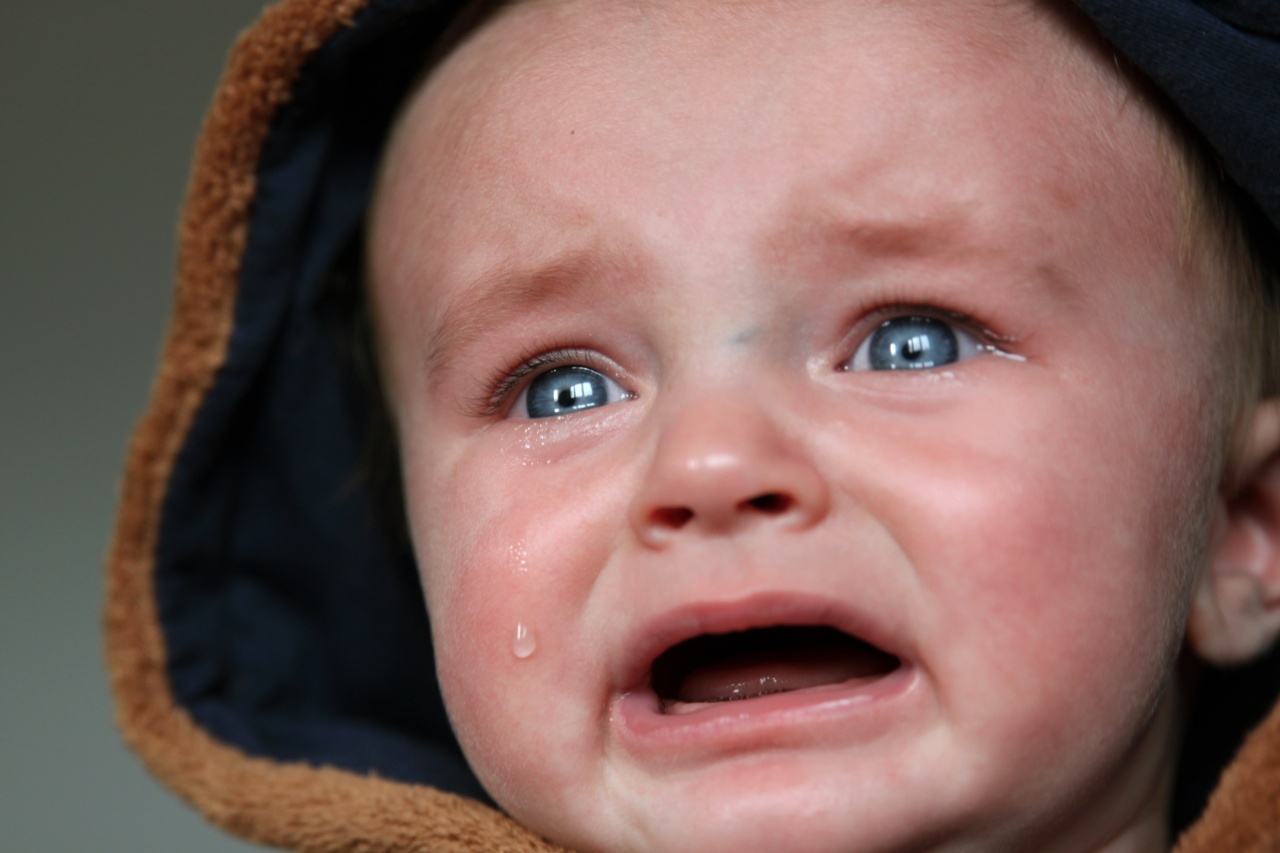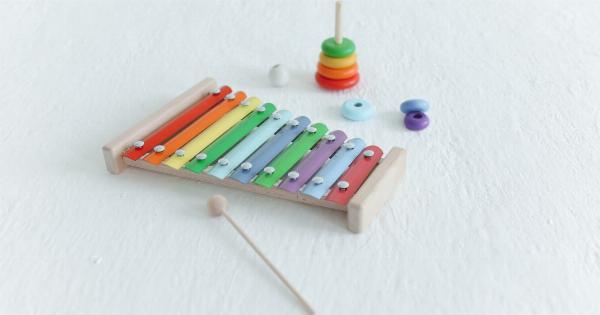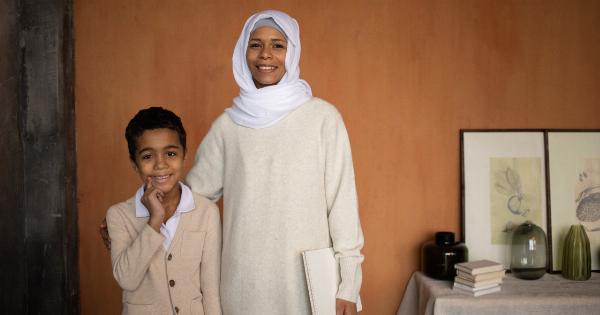Babies cry for many reasons, such as hunger, discomfort, and stress. As a parent, hearing your baby cry can be heartbreaking, but crying can actually be beneficial for your baby’s development.
In this article, we will explore the reasons why crying is important for your baby’s well-being, based on the insights of experts in the field of child development.
1. Crying helps your baby communicate
Babies cry as a means of communication since they cannot verbalize their needs and wants. According to Dr. Matthew R. Johnson, a senior scientist at the University of Alberta, crying helps babies express their needs and teaches parents how to respond.
As they grow older, babies will develop other ways of communicating, such as using gestures and words, but crying is their first and most effective way of expressing themselves.
2. Crying helps your baby feel secure
When babies cry, they are looking for comfort and security. According to Dr. Margot Sunderland, a child psychotherapist and author, crying helps babies regulate their emotions and feel comforted when someone responds to their crying.
Responding to your baby’s cries can help them feel secure and loved, which can have a positive impact on their mental health and development.
3. Crying can help your baby sleep better
According to Dr. William Sears, a pediatrician and author, crying can help your baby fall asleep more easily. This is because crying triggers the release of cortisol, a hormone that helps babies feel sleepy.
While it can be difficult to let your baby cry it out, this strategy can be effective for helping them develop healthy sleep habits.
4. Crying can help your baby regulate their breathing
When babies cry, they take deep breaths and exhale forcefully. This can help them regulate their breathing and clear their airways. According to Dr.
Johnson, crying can also help babies develop their lung capacity, which is important for their physical health.
5. Crying can help your baby bond with you
When you respond to your baby’s crying with comfort and reassurance, you are helping them develop a stronger bond with you. This bond can have a positive impact on their emotional development and can help them feel more secure and loved.
According to Dr. Sunderland, babies who feel loved and secure are more likely to develop into confident and happy adults.
6. Crying can help your baby develop resilience
When babies cry, they are experiencing stress and discomfort. According to Dr. Johnson, responding to your baby’s crying can help them learn to cope with stress and develop resilience.
Over time, babies will learn that they can rely on their caregivers for comfort and support, which can help them become more resilient and independent.
7. Crying can help your baby learn to self-soothe
Although it is important to respond to your baby’s cries, it is also important for them to learn to self-soothe. According to Dr. Sears, allowing your baby to cry for short periods of time can help them develop the skills to calm themselves down.
This can be helpful for when your baby is older and needs to learn how to cope with stress and discomfort on their own.
8. Crying can help your baby’s brain development
According to Dr. Sunderland, crying can help stimulate your baby’s brain development. When babies cry, their brains release a hormone called prolactin, which can help stimulate the growth of new brain cells.
This can have a positive impact on your baby’s cognitive development and can help them learn and develop at a faster rate.
9. Crying can help your baby release pent up energy
Babies have a lot of energy, and crying can be a way for them to release some of this energy. According to Dr. Johnson, crying can help babies release tension and feel more relaxed.
This can be helpful for when your baby is feeling overstimulated or overwhelmed.
10. Crying can help your baby develop empathy
When you respond empathetically to your baby’s cries, you are helping them develop empathy. According to Dr. Sunderland, babies who feel understood and comforted when they cry are more likely to develop empathy towards others.
This can be an important skill for your baby to develop as they grow older.
While hearing your baby cry can be difficult, it is important to remember that crying can be beneficial for their development.
By responding empathetically to their cries, you can help your baby feel loved and secure, learn to cope with stress, and develop important social and emotional skills.






























